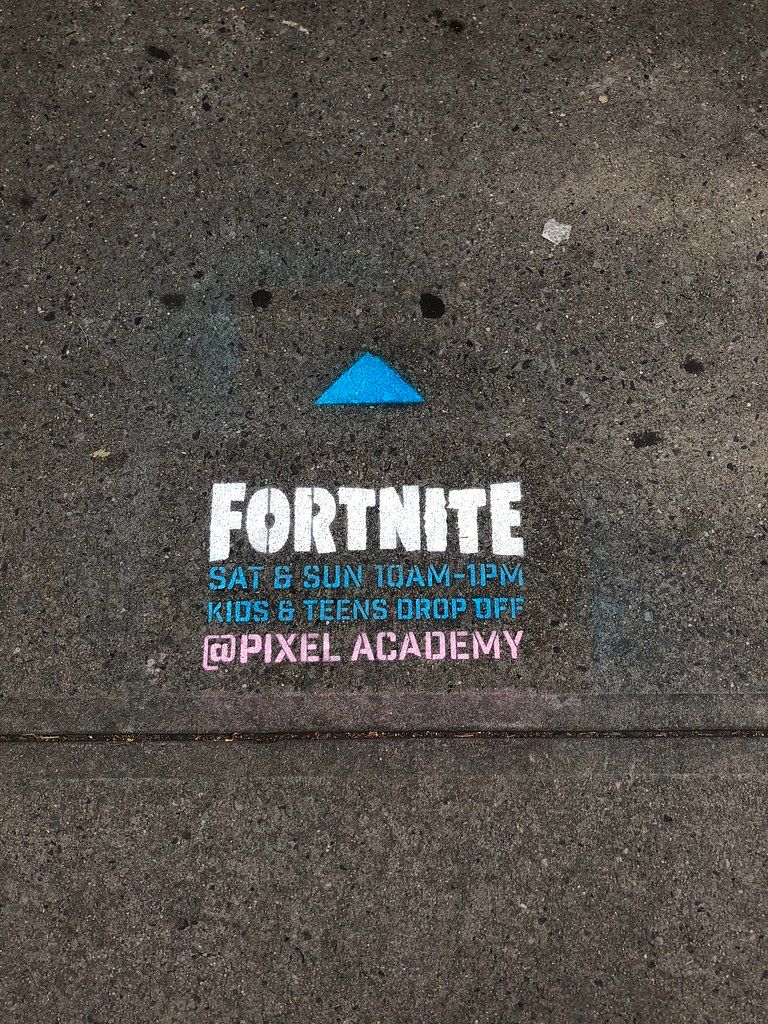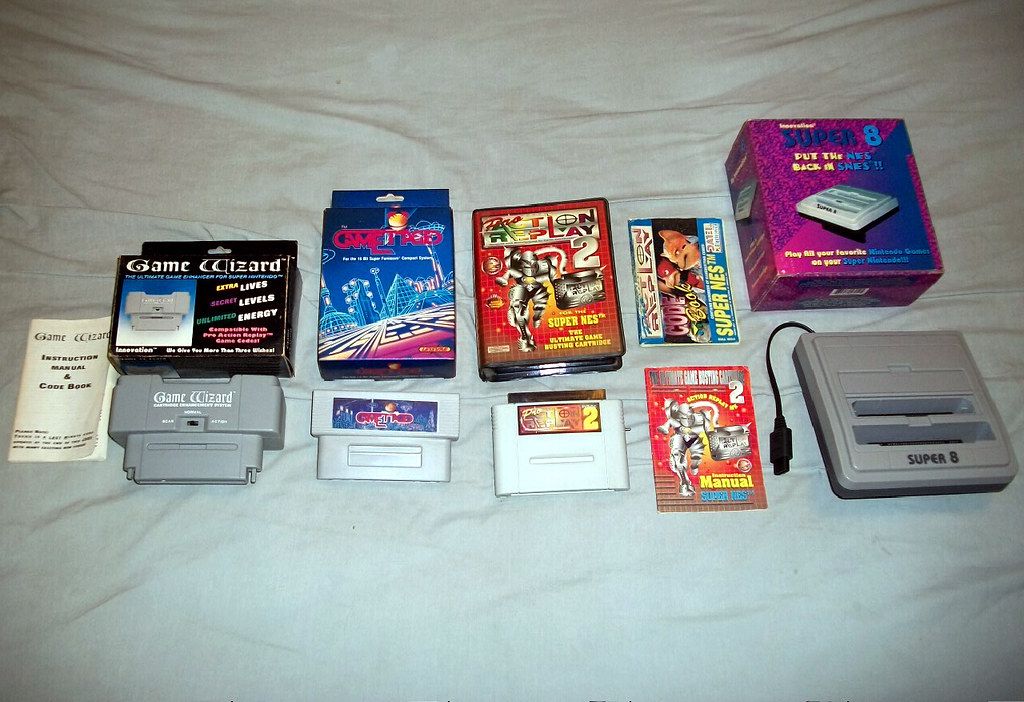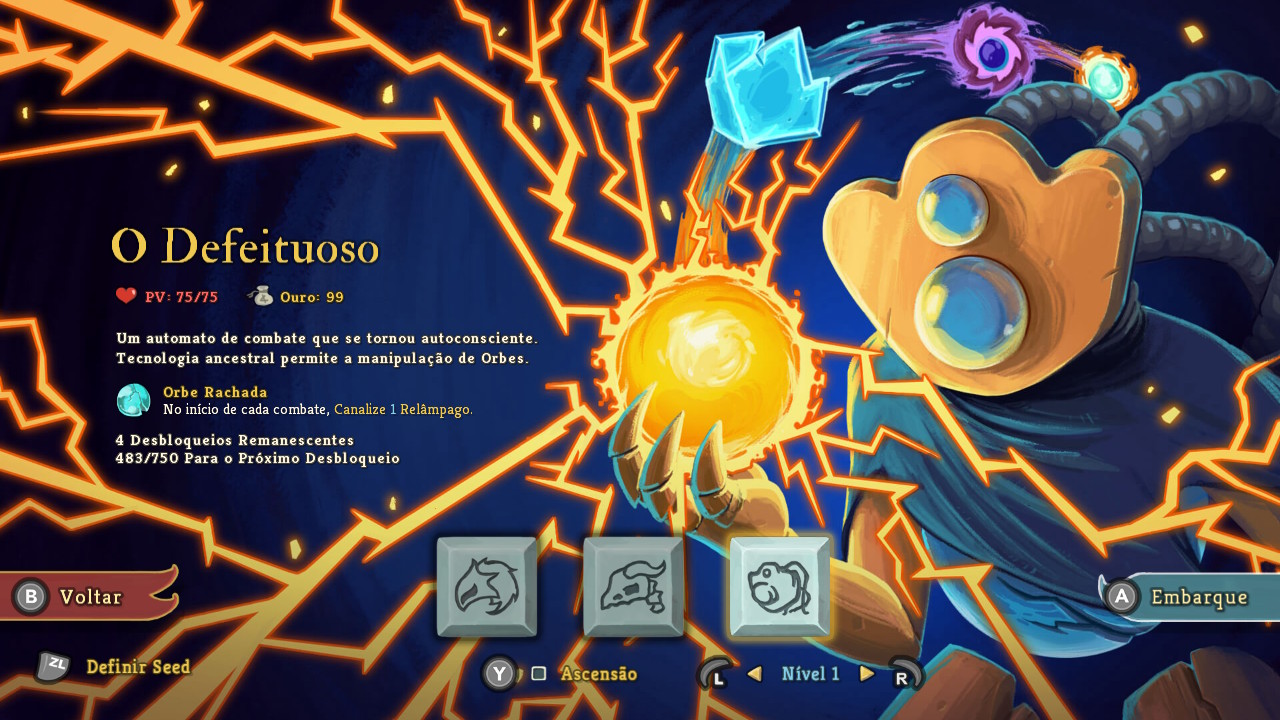Hello, gamers and all frugal folk! Have you ever sat down to play a game with your controller in hand and thought,”How much am I really getting for my money here?” Well, you’re not alone. Among the many varieties of entertainment out there, video games are like the most flexible yoga instructor you ever laid eyes on: stretch your money. With that in mind, let’s see if gaming can be considered the most economical hobby there is.

Let’s start with the free-to-play phenomena. With their SaaS-like business structures, these games have completely changed the industry while providing unbeatable entertainment value. Consider League of Legends, Fortnite, and yes, even the massively popular subscription game World of Warcraft. All of these games share the trait of being extremely affordable, with an average of just $0.17 per hour of play. For an hour of fantastic gameplay, that’s less than the cost of a gumball!
But how did we go about computing this number? For a number of these entertainment alternatives, we magnified their cost per hour. We weighed up the average hours users spent against the monthly charge for subscription services. For non-subscription models of operation, we considered the hours of amusement offered after computing the average income per user for those theme park adventures or blockbuster games. Some arithmetic is required to find out what the real value of our choices of entertainment is, but it’s well worth it.
Value for money for more expensive games
Let’s now talk about the classic video games, such as Call of Duty and Grand Theft Auto. Due to their unusual content update mechanism, these games need a higher upfront payment. They resemble the fussy buddies who are constantly requesting to dine at the most exclusive establishments. However, given the endurance and replayability of these games, they still present a strong value proposition despite their higher commercialization rates.
The SaaS-like approach is just going to continue to be more and more popular as we head into a future where games are replacing social networks. Distribution, interaction, and long-term monetization are paramount. Not to be left out is the dynamism of games. Fortnite is a different game every time you play it. If you go back to a movie or a book that you saw or read five years ago, you will get the same experience. Those are different enemies, the circle of the storm is different, and the treasure is different. It’s just like every day you come to a different surprise party!
But what of other forms of entertainment? Netflix, even with the largest library, still struggles to keep the shows interesting. Theme parks? Those take a calendar full of red Xs and a small fortune to build new experiences. And then there’s the reruns cluttering up our cable channels. Gaming has it down to a science when it comes to offering up a unique experience each and every time.
There’s more to the appeal of gaming. Relatively speaking, new content releases are a breeze compared to other formats of entertainment. A game patch here and a digital download there, and voilà-you have new material without the hassle. In reality, the ease with which this content has grown is revolutionary.
When speaking about its value, the value of entertainment transcends its price tag. It’s the memories, community formed over our favorite games, and hours of happiness that alter not only our lives but others, too. Not only are games such as League of Legends and Fortnite an inexpensive form of entertainment, but also in some ways, it is leading an electronic revolution through the creation of venues for us to play, communicate with one another, and even attend concerts. Next time you’re in that “what-do-I-want-to-do-tonight” frame of mind, keep in mind gaming as a key to a world of cheap experiences, not as a hobby itself.
What is the value of gaming, then, as compared with the other more prevalent forms of entertainment? If we go deep into the entrainment ecosystem, video games are like the clear winners of the heavyweight category when it comes to making the most out of each dollar. But how come? Let’s dissect that and see how gaming actually provides more value for your money.
Let’s talk about money
If one considers more traditional forms of amusement, such as going to a movie theatre, the average cost is about $2.50 an hour. Well, folks, that is once and done. You saw the movie; you ate a little popcorn, you are finished. When the credits roll, you have spent your money as you leave the movie theatre. Now, contrast that to something like League of Legends or Fortnite, where you are spending about $0.17 per hour for a constantly changing experience. The math is self-evident.
Let’s not stop there, though. What about the binge-watching of Netflix series? Even though one does have much information at his fingertips, even Netflix is bound to change its collection every now and then for people to remain interested. And honestly, how much can one rerun a particular show before knowing all lines in each episode? Contrasting this with gaming, it is, in fact, a world that shifts with every new passing moment in it. No déjà vu, no reruns-just pure, unadulterated fun.
But with hundreds of channels, one might say that it allows a great deal of choice with cable TV. How many of those things are actually worth watching? Sure, there are a lot of channels, but as our friend Electrictroy observed, he only watched a handful of selected shows, therefore the cost for the service would make it close to $9.00 per hour. That is far less than the number of cents you’d have spent on a game per hour. Let alone the repeats-oh, the reruns! Who wants to pay top price for something that resembles Groundhog Day on your television set?
But wait, there’s more! An objection that some may make involves the cost of the gaming console itself. While one does have to cough up the money, which is little when weighed against the countless hours of fun derived from gaming. Then again, you could actually recover part of that investment because the games and the consoles do have resale value attached to them. Try using a movie ticket stub for that!
Not to mention the influence of second-hand sales and trade-ins. As electrictroy pointed out, you may trade in or sell your games on eBay and receive a sizable refund. You just cannot get that kind of sustainable amusement from a movie night or a TV subscription.
But perhaps the best defense is the social side of gaming. Video games have evolved into virtual gathering points-places where people can meet, compete, and even attend virtual concerts. Being part of a community, a shared experience extending beyond the screen-means more than playing games. Where gaming really stands out, where its value truly lies, is in the capacity to link us in ways which other types of entertainment quite simply cannot match.

Ultimately, it is a way of life and not just a fiscal one. It’s the thrill of the hunt, the discovery, and the comradery of shared victory. In this immersive storytelling space, every player is both the protagonist and the audience. So as you contemplate your entertainment options, remember that gaming is an investment in a practice that pays dividends in autonomy, friendship, and fun.
And now, let’s close with some enlightening comments from our fellow forum users: Morrigan Lover says, “Some of life’s pleasures are free.” Masterh adds, “Imagination is at least the cheapest form of fun, but video games are the most tangible, interactive, and infinitely entertaining options available.”. They prove that gaming is king in value from the entertainment industry, providing an exciting world at an unbeatable price.
So, the next time anyone questions the worth of your gaming hobby, just smile and let them know you’re not just playing games-you’re enjoying the most cost-effective form of entertainment out there. Game on, my friends, game on.
Related posts:
SaaS-Like Gaming Offers the Least Expensive Entertainment
Cheapest form of entertainment?
GTA 6 should be priced ‘per hour’ value, publisher says



